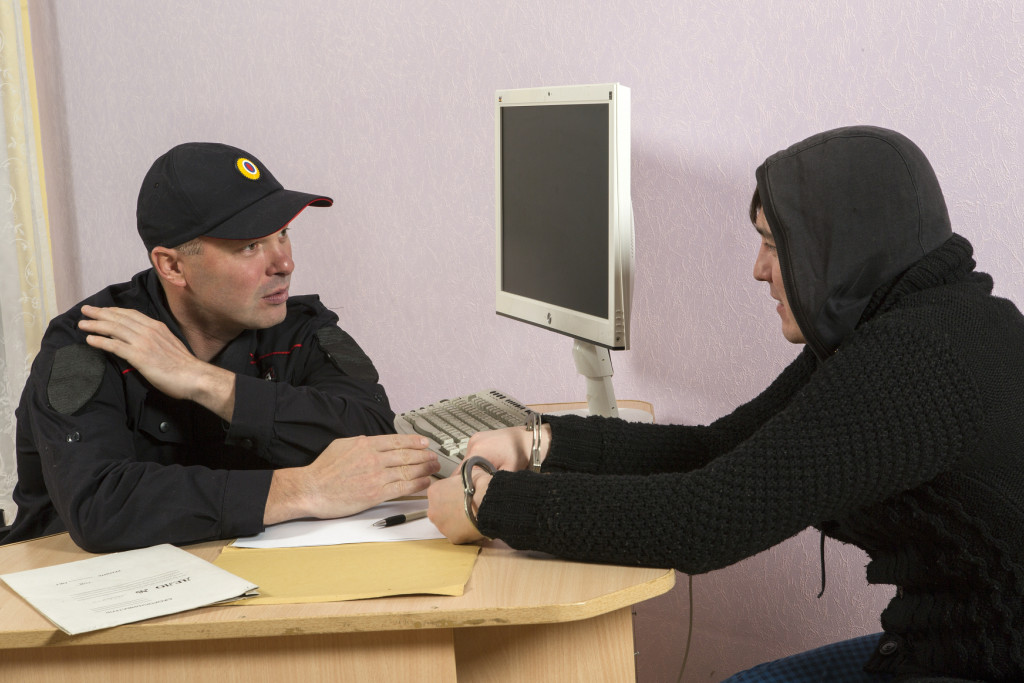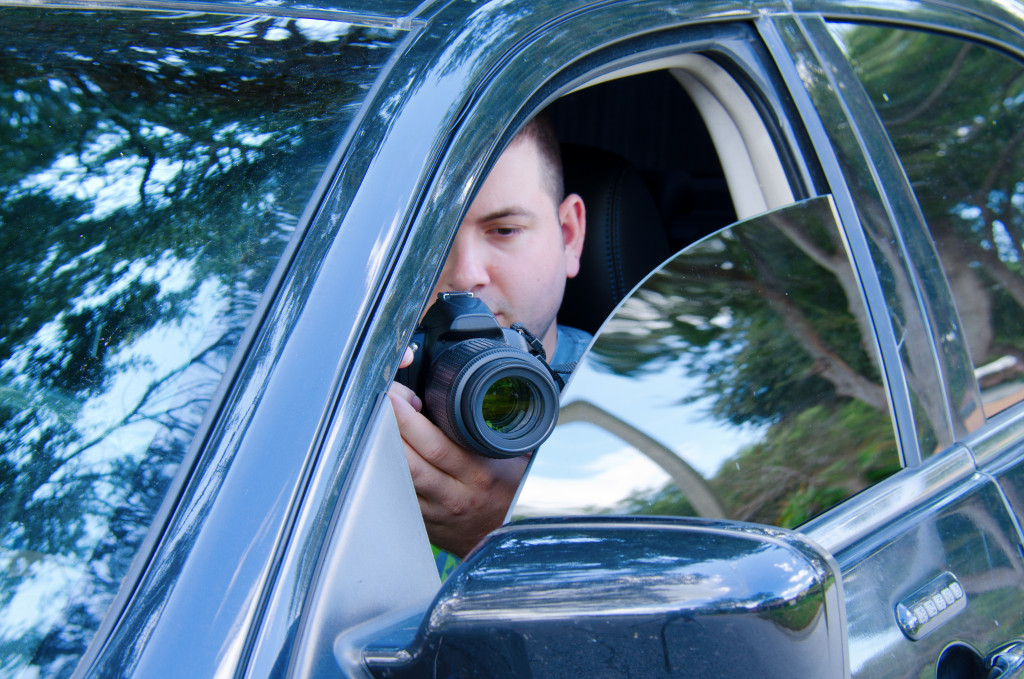Being a victim of the crime of stalking can create so much trauma. It messes with people’s ability to trust others, creates paranoia and anxiety that may not have been there before, and other types of post-traumatic stress disorder (PTDS) symptoms. Moreover, anyone can be a victim, which means we must all find ways to be vigilant and protect ourselves.
What is stalking?
But first, you need to know and understand some stalking behaviors. Aside from more blatant behaviors like threats of all types of violence, researchers also coined the phrase unwanted pursuit behaviors (UPB) to describe the behaviors of stalkers. These are illegal activities that create feelings of being unsafe in victims. Here are some of them:
- Leaving or sending unwanted letters or gifts
- Asking family and friends of the target some questions to gather more information about them, such as their friendships, romantic relationships, and frequent whereabouts
- Loitering outside the victim’s home, school, or place of work
- Generally appearing in places where the victim might be
Here are some internet behaviors that can be construed as cyberstalking:
- Forcing the victim to obey by threatening to release images and/or information about the victim
- Sending threatening messages, emails, posts, tweets, texts, and others
- Excessively sending various emails or Facebook posts, or trying to find ways to chat with the victim no matter how many times the victims don’t respond
Here are some ways to protect yourself from this crime.

Seek help from trusted people and authorities
Experts say that more often than not, stalking is linked to intimate partner violence (IPV), which means that in the majority of cases, targets usually know their stalkers. If an ex-partner exhibited dangerous and threatening behavior, one of the best things you can do for yourself is to seek help from a trusted family member or friend to help keep you safe and to report to the authorities as well.
You can also opt to seek legal counsel. When dealing with a person who has placed you in harm’s way or caused you physical injuries, you don’t always need to look for someone who specializes in criminal law; you can instead seek help from a lawyer who specializes in personal injuries or a lawyer for car accidents if you get into a vehicular one while escaping your stalker.
More general safety tips
The following are additional strategies you can employ to protect yourself:
- Stop all forms of communication with the person who’s stalking you, but keep every piece of evidence such as emails, text messages, voice mails, and others. They will come in handy for future proceedings or court cases.
- Always carry your phone with you and have important numbers on speed dial.
- Be vigilant about the type of information you’re posting online. Remove every piece of contact information you can, and avoid posting your location and whereabouts.
- Invest in a home security system that has excellent approval ratings from users. Only give your password or copies of your house key to trusted family members and friends.
- If you live in an apartment, don’t allow your name to be placed on the list of tenants in front of your building. Opt for a code name or a variation of your name that only people you trust can recognize.
- Trust your instincts. If you ever feel uncomfortable at any point, or feel like something is not quite right, ask for help from someone you trust who can help you keep a lookout for anything strange.
- Don’t tell anyone about your address. One thing you can explore is the address confidentiality program, which will provide you with an alternate address. If you have to have shipments delivered to you, opt for a post office box or use a family or friend’s address.
- Have an emergency bag ready for whenever you need to leave your home at a moment’s notice. Some people call it a “go bag,” because it’s something you can just grab and go anytime you need to do an emergency exit. It should include items that will help you survive for a few days, like extra clothes, a toothbrush, toothpaste, drinking water, extra phone, chargers, another set of credit cards, extra money, identification, medication, keys, important documents, and other valuables.
- Consider taking a basic self-defense class.
Protecting yourself from any type of crime, not just stalking, is not about being paranoid; it’s about being ready for whatever may come. There is always wisdom in planning for your safety, especially if you have been a victim before. As long as you have safety measures in place, you don’t have to live in fear.

